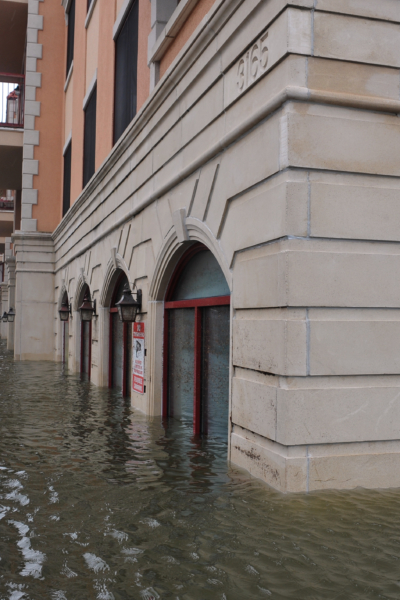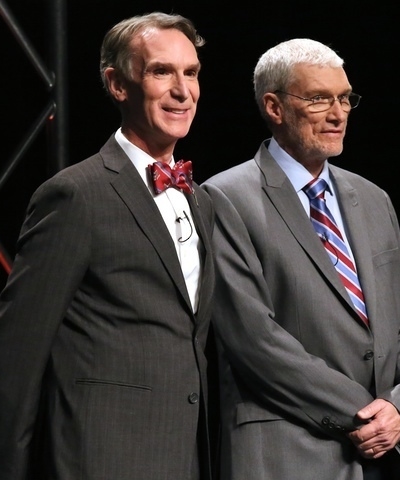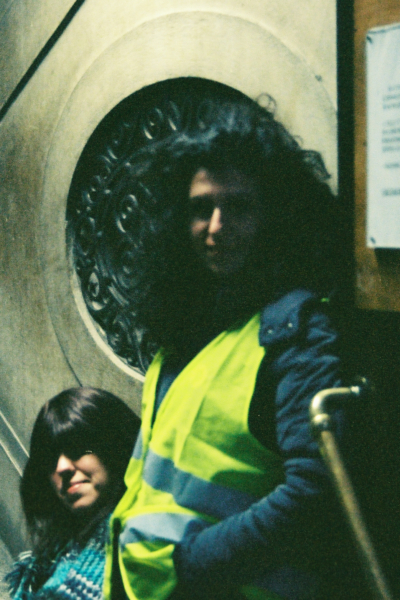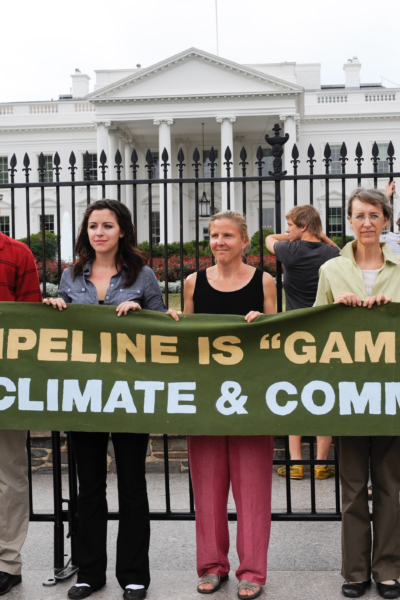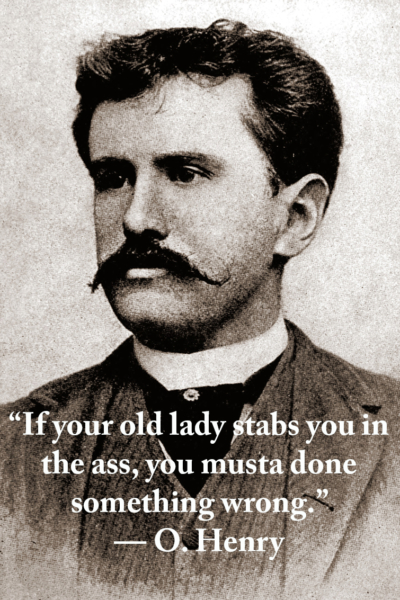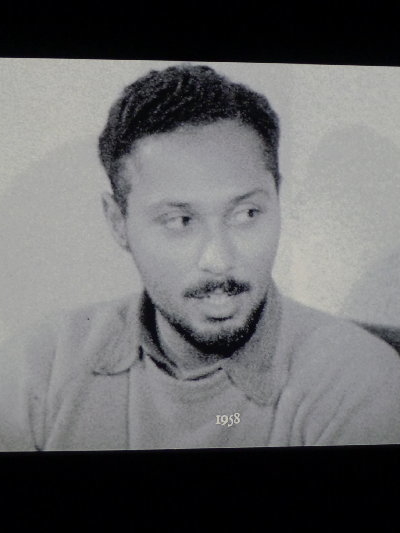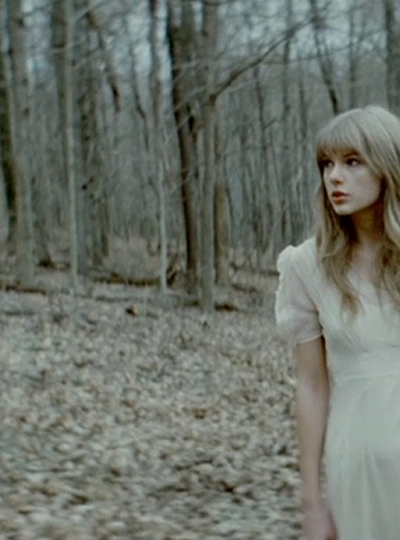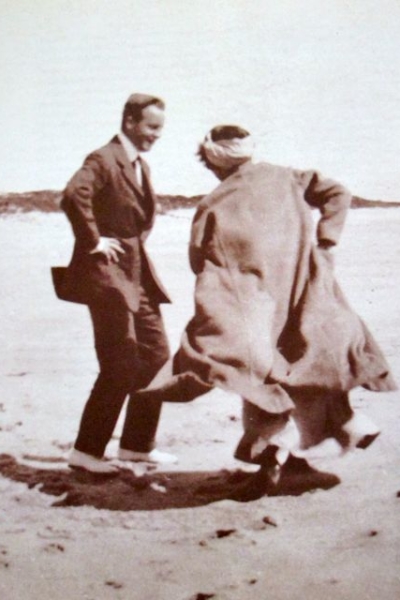How to Talk about Climate Change, Part 2: Uncertainty, Present and Future
People are more likely to take climate change seriously if they’re sitting in a hot room than if they are sitting in a cold one.
The corpses in the Creation Museum should be given their proper names: not Bill Nye and Ken Ham, but philosophy and sophistry. It’s this ancient animosity, not science against religion or faith against evidence, that animated their debate — and of the two, philosophy is by far the most dangerous.
Scenes From The Bulgarian Student Protest Movement
The mostly peaceful Bulgarian student movement has many of the same demands as the protesters in Kiev, but for the moment, it remains beautiful.
How to Talk about Climate Change, Part 1: The Blame Game
Since solving climate change requires mass engagement, how we talk about the problem matters as much as the science that confirms its urgency.
10 Quotes from Writers Who Loved a Stiff Drink
Nose-painting, sleep, and urine.
Let’s Keep Talking About Stuart Hall
Stuart Hall was a true public intellectual, in the sense that his intellectual commitment was always to the public. For Hall, it was a position of intellectual generosity and a commitment to rigorous, productive discourse on a mass scale.
A roundtable discussion featuring Lee Edelman, Lauren Berlant, Chris Kraus, Lydia Davis, and Taylor Swift.
In only its second year, the 1997 Scribble Jam became legendary when an unknown MC named Eminem lost in the freestyle battle.
F. Scott Fitzgerald and the Greatest, Loneliest Party
Maybe people who engage in the most public, grandiose acts of socialization are the ones who are the most isolated from real human interaction.
Language can only describe our changing world if we let language change with our world.



